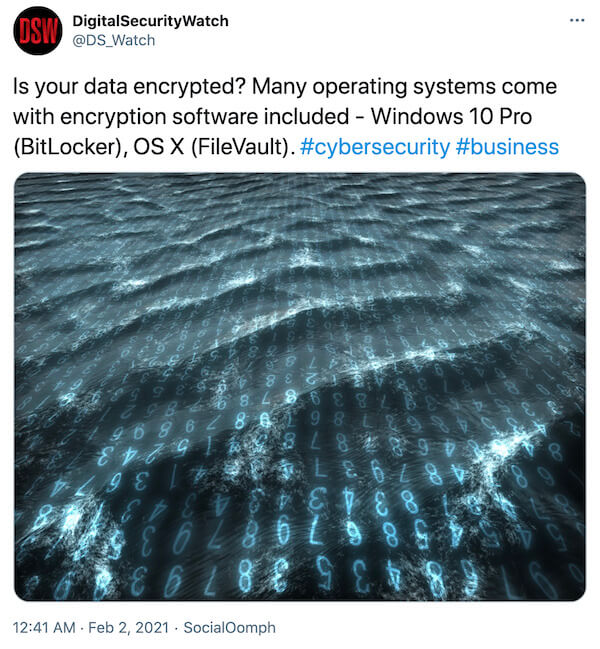Few things are more unsettling than getting your bank account hacked.
Years of hard work and sacrifice can disappear overnight. Why? Because you put your trust in an institution whose sole purpose is to keep your money safe. And they couldn’t protect you.
The fear can have lasting effects even if you can recoup the funds.
So let’s take a look at some preventative measures you can take to protect your bank account from getting hacked.
How Hackers Can Gain Access to Your Banking Details
As much as we’d love to blame the big banking corporations for letting us get hacked, it’s all too often something we could have prevented if we had the right knowledge.
Here are some common ways that hackers can gain access to your bank account:
Wifi That Is Not Password Protected
If you frequent public places such as libraries or coffee shops, where a password does not protect the internet, you expose yourself to risk. Hackers can use unprotected wifi to gain easier access to your personal information.
Even if your banking password isn’t saved on your computer, they can still access details from your life that may help them infiltrate some of your accounts.
Hear from some hackers themselves:
You Banked Online Using Public Internet
One of the quickest ways to get your bank account hacked is to use the public internet to do your banking. While most banks take steps to make it difficult for hackers to access your login information online, it’s much easier for them if they’re on the same internet connection.
You Clicked on a Phishing Scam
Whenever you get an email from your bank, ensure it’s actually from them. Phishers can set up elaborate, official-looking emails that appear to be from your bank. They may even say that your bank account has been compromised and you must log in immediately.
Once you click their link and enter your login information, they have full access to your account. Sometimes they will even initiate the scam by texting your phone instead of emailing you.
ATMs and Gas Stations
Con artists have made a leap in agility in the last few years. A major way they’ve done this is through card skimmers. These are devices implanted in normal ATMs, gas stations, or any point of sale that involves swiping your card. The devices record the information on your card’s magnetic stripe, which contains your name, credit card number, and expiration date.
These thieves will use that data to make transactions over the phone or on the Internet. Sometimes they will transfer data to create counterfeit cards in other countries.
And worse, some thieves even install tiny cameras or fraudulent keypads to steal your PIN, which could allow them to drain your bank account.
Check out this video about credit card skimmers:
How to Protect Your Bank Account From Getting Hacked
Luckily, you can take steps to improve the odds of keeping your bank account safe and protected from hackers. Follow these simple steps to up your security game.
Invest in Encryption Software
Encryption software has become widely accessible and fairly affordable these days. This software encrypts the data and activity on your computer, making it far more difficult for hackers to access your information.

There are several different types of encryption software. Some encrypt specific files, some encrypt your entire device, and some services, such as a VPN, encrypt your online activity.
Use a Strong Password
You should always create a long, varied password for sensitive accounts. The degree of difficulty it takes to hack a password changes exponentially with each extra digit added.
Never use predictable information from your life, such as your address or pet’s name. Aim for a password containing at least 16 digits varied with letters, numbers, and symbols.
Enable Two-Factor Authentication
Let’s say you encrypt your device and create an invincible password, and a hacker still somehow finds your login information. They still won’t have access if you enable two-factor authentication (2FA). They would likely need your phone to access the unique, one-time code required after you log in.
Contact your bank’s online customer service if you need help setting up your 2FA.
Familiarize Yourself With Imposters
Whether it’s a phishing scam or a card skimmer at an ATM, take steps to familiarize yourself with these imposters. There are often signs of tampering at ATMs that have been compromised.
And while phishing emails may look official, the email address they’re sent from will be less so. Check for spelling errors, bogus email addresses, and fake URLs before you click on anything. And never give away your login information.
If you follow these simple steps, your financial security will be tip-top. And if you think your account has been compromised, contact us immediately.
Featured image by New Africa via Shutterstock.